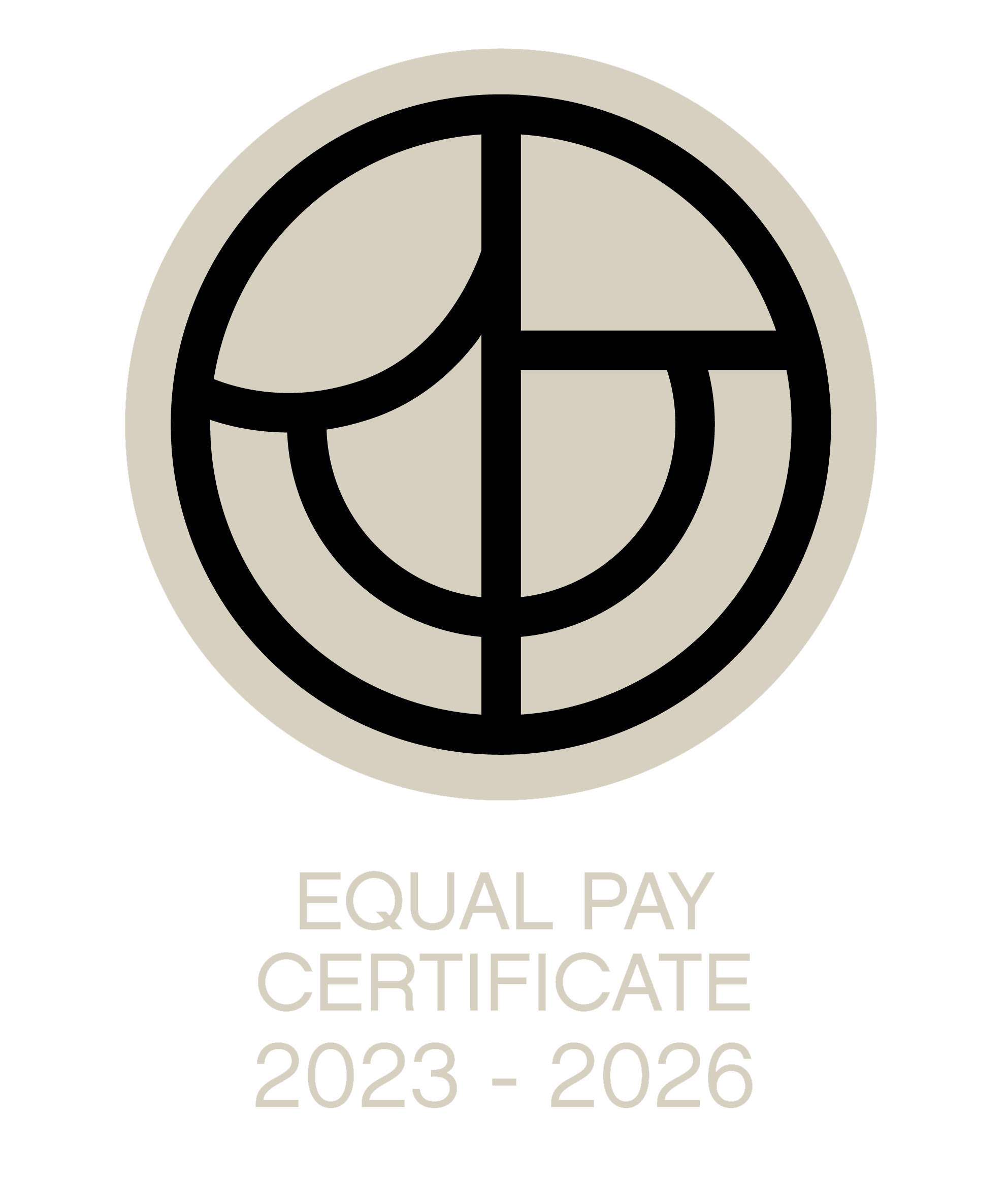Mathilde Defourneaux will defend her doctoral thesis in natural sciences and environment at the Faculty of Environmental and Forest Sciences at the Agricultural University of Iceland.
Mathilde's dissertation is entitled "The impacts of spatio-temporal shifts in vertebrate herbivore communities on the functioning of the Icelandic tundra"
The defence will take place on December 18 at Keldnaholt, Árleyni 22, Reykjavík, starting at 14h00 GMT. The defence will also be streamed on Teams. It will be conducted in English.
Mathilde's supervisors are Professor Isabel C. Barrio, Professor James D.M. Speed, and Assistant Professor Noémie Boulanger-Lapointe.
Her opponents are Dr Camilla Fløjgaard from Aarhus University (Denmark) and Professor Robin Pakeman from The James Hutton Institute (Scotland).
Abstract
Rapid environmental changes in the Arctic tundra are driving shifts in herbivore populations, distribution, and phenology, affecting the structure of herbivore community. These changes will have consequences to ecosystem structure and function through the direct effects of herbivores on vegetation biomass and biogeochemical cycles. Yet, the effects of herbivores on ecosystem functions, particularly within a multispecies context, are still poorly understood. Addressing these knowledge gaps in tundra rangelands, which are grazed by both wild and domestic herbivores, is an urgent task to ensure the development of sustainable management practices.
Using Icelandic rangelands as a case study, I investigated how changes in herbivore communities affect tundra ecosystem functions across various spatial and temporal scales, with a focus on nutrient recycling. Specifically, I aimed to: 1) track changes in herbivore community composition through time, 2) assess the impact of herbivore on vegetation biomass, 3) measure the faecal nutrient contributions of different herbivores species, and 4) evaluate the role of herbivores on nutrient distribution. I analysed long-term data to assess shifts in herbivore populations and their impacts on vegetation at a regional scale.
Additionally, through extensive fieldwork in 2022, I examined herbivore effects on vegetation, faecal nutrient deposition, and nutrient transport at landscape and local scales in high-elevation rangelands. Specifically, I measured rates of aboveground biomass consumption, faecal nutrient content and faecal deposition rates of pink-footed goose, sheep and reindeer, and forage quality at 21 sampling sites throughout the growing season. Near-infrared reflectance spectroscopy (NIRS) models were calibrated to estimate faecal nutrient content.
Results from the thesis indicate rapid changes in the Icelandic herbivore community: over the past 40 years, the dominant herbivores shifted from domestic (mainly sheep) to wild herbivores, led by the large increase in pink-footed goose. Overall, herbivores consumed a small percentage (4%) of total plant biomass, but this reached up to 30% in localised areas in the Eastern Highlands toward the end of the growing season. Although the goose population consumed less biomass than the sheep population, geese contributed significantly more to faecal nutrient deposition, especially early in the growing season when nutrient content in their faeces was highest.
There was no clear connection between forage quality and herbivore consumption, but areas with low-quality forage showed more nutrient deposition through faeces.
These findings highlight the potential of herbivores to redistribute nutrient across the landscape and provide insights into the role of herbivores in shaping tundra ecosystems through their effects on nutrient cycling, particularly in the context of strong and rapid ongoing herbivore community changes.






